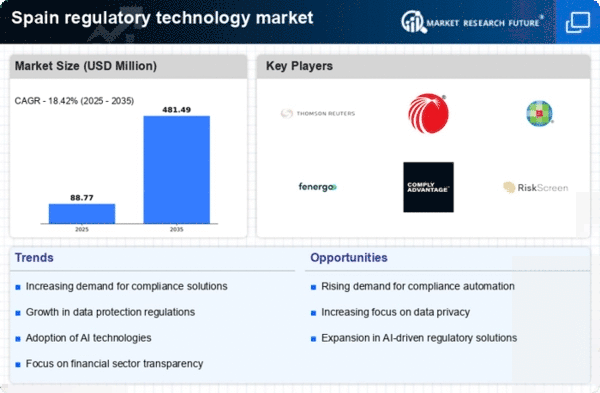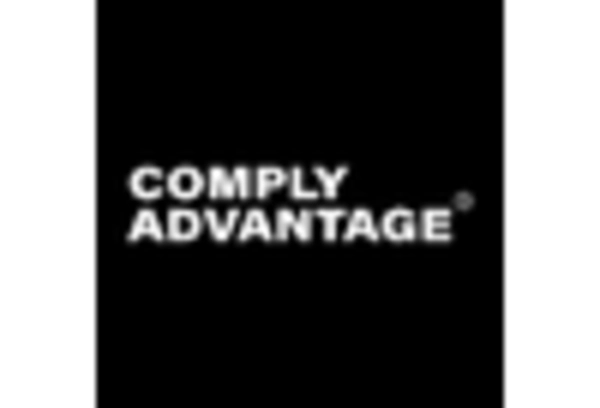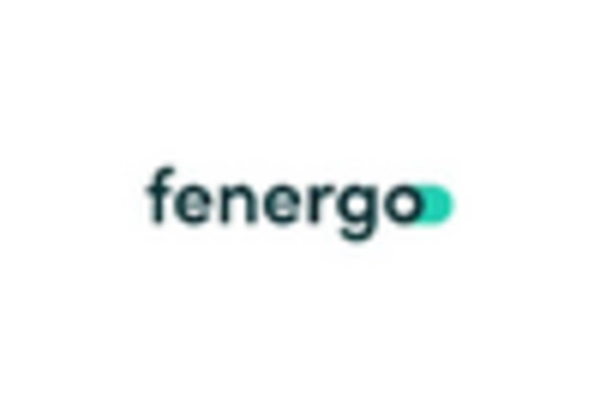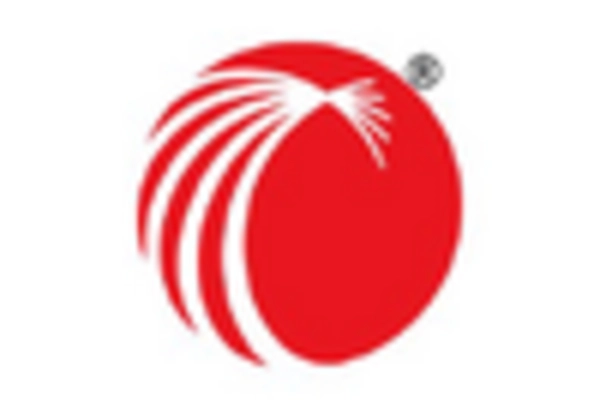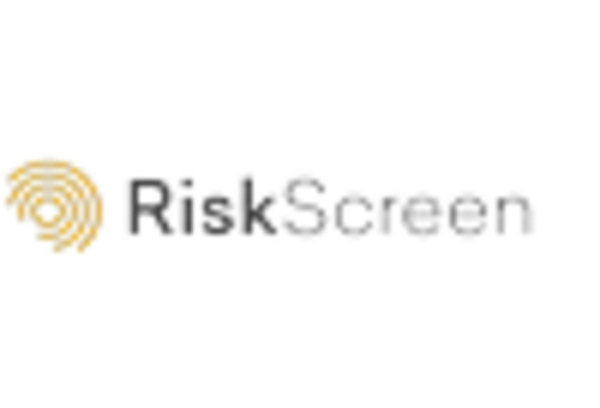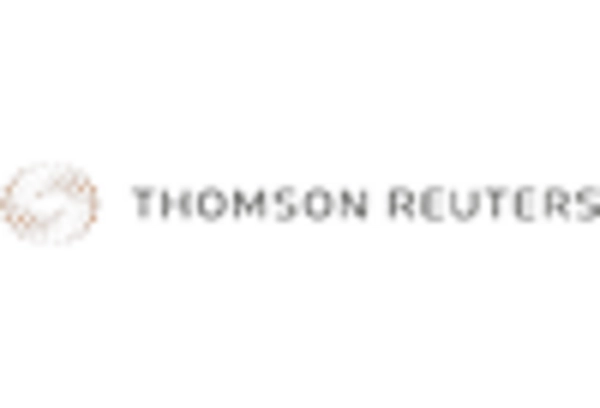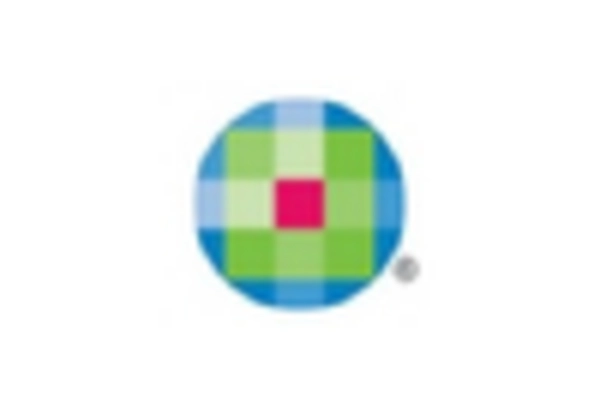Emergence of Fintech Innovations
The rise of fintech innovations in Spain is significantly influencing the regulatory technology market. As fintech companies proliferate, they face unique regulatory challenges that necessitate specialized technology solutions. The Spanish fintech sector is projected to grow by 25% in 2025, creating a robust demand for regulatory technology solutions tailored to this dynamic environment. This growth is likely to drive collaboration between fintech firms and regulatory technology providers, fostering innovation and enhancing compliance capabilities. The regulatory technology market industry stands to gain from this synergy, as it addresses the specific needs of the rapidly evolving fintech landscape.
Digital Transformation Initiatives
Spain's ongoing digital transformation initiatives are significantly impacting the regulatory technology market. As organizations across sectors embrace digitalization, there is a pressing need for regulatory technology solutions that can seamlessly integrate with existing digital infrastructures. The Spanish government has allocated substantial funding towards digital innovation, with an estimated €1 billion earmarked for technology advancements in 2025. This investment is likely to drive the adoption of regulatory technology solutions, as businesses seek to enhance operational efficiency while ensuring compliance with regulatory standards. The regulatory technology market industry is poised to thrive in this environment of digital evolution.
Increased Focus on Risk Management
The regulatory technology market in Spain is witnessing a heightened emphasis on risk management practices. Organizations are increasingly recognizing the importance of proactive risk assessment and mitigation strategies in light of regulatory scrutiny. In 2025, it is projected that the demand for risk management solutions within the regulatory technology market could grow by 20%, as companies strive to enhance their risk profiles. This trend is indicative of a broader shift towards a more risk-aware culture, where regulatory technology solutions play a crucial role in identifying and managing compliance risks effectively. The regulatory technology market industry is thus likely to see substantial growth driven by this focus on risk management.
Enhanced Data Analytics Capabilities
The regulatory technology market in Spain is benefiting from advancements in data analytics capabilities. Organizations are increasingly leveraging data analytics to gain insights into compliance trends and regulatory changes. This trend is expected to accelerate in 2025, with a projected increase of 30% in the adoption of data-driven regulatory technology solutions. Enhanced data analytics not only aids in compliance monitoring but also facilitates informed decision-making, allowing organizations to respond swiftly to regulatory developments. The regulatory technology market industry is thus likely to experience significant growth as businesses prioritize data analytics in their compliance strategies.
Growing Regulatory Compliance Requirements
The regulatory technology market in Spain is experiencing a surge due to the increasing complexity of compliance requirements. Regulatory bodies are imposing stricter guidelines across various sectors, including finance, healthcare, and data protection. This trend necessitates the adoption of advanced regulatory technology solutions to ensure adherence to these evolving regulations. In 2025, it is estimated that compliance costs for businesses in Spain could rise by up to 15%, prompting organizations to invest in regulatory technology to mitigate risks and streamline compliance processes. The regulatory technology market industry is thus positioned to benefit from this growing demand for compliance solutions.


